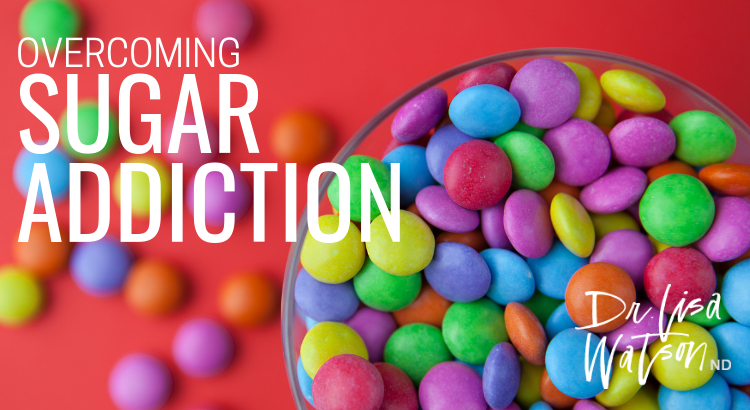
3pm. You hear a sweet voice in your head, calling you towards the snack machine or the fridge, urging you to indulge in a sugary treat. Sound familiar? You aren’t alone.
Sugar addiction is on the rise in North America and the impact it has on our health is anything but sweet.
The Bitter Truth about Sugar and Health
Sugar is an important biochemical that is involved in numerous processes in our bodies. We need some sugar for survival (glucose is the main energy source for the brain). However, our bodies are not equipped to handle the large quantity and poor quality of sugar that we currently ingest.
You may also be suffering from sugar-related illness and not realize it. Symptoms associated with sugar addiction include:
- Allergies
- Anxiety
- Boils
- Cancer
- Canker sores
- Chronic bronchitis
- Constipation
- Depression
- Diabetes
- Fatigue
- Frequent colds and/or flu
- Gas and/or bloating
- Headaches
- Hyperactivity
- Immune suppression
- Metabolic syndrome
- Mood swings
- Obesity
- PMS
- Sugar cravings
- Tooth decay
- Yeast infections
Sugar Addiction
There is no doubt that sugar can be addictive. Like any addiction people crave sugar, have withdrawal symptoms when they don’t have sugar and may feel better for a brief period of time after eating sugar. Sugar feels good in the moment, but it can cause serious long term problems for your health.
Like other addictions, many people may not realize they have a problem with sugar. The following questions may help you recognize if you, or someone you know, has a sugar addiction.
Sugar Addiction Questionnaire |
Yes |
No |
| Do you eat refined sugar (white sugar, candies, chocolate, baked goods) every day? |
o |
o |
| Do you find it difficult to go for more than one day without eating a sugar containing food or drink? |
o |
o |
| Are there always sugar containing foods in your home? |
o |
o |
| Do you find it difficult to have candy or other sweet foods in your home and not eat them? | o |
o |
| Do you experience cravings for sugar, coffee, chocolate, peanut butter or alcohol? |
o |
o |
| Have you ever hidden candy or other sweet foods around the house in order to eat them later? |
o |
o |
| Do you get fatigue, perspiration, irritability, depression, or anxiety if you go three or more hours without eating? |
o |
o |
| Do you eat something sweet after every meal? |
o |
o |
| Do you find it difficult to go more than one hour after waking up in the morning without eating? |
o |
o |
| Do you find it difficult to stop after eating one piece of candy or one bite of baked goods? |
o |
o |
0-3 ‘yes’: Probably not sugar sensitive
4-6 ‘yes’: Sugar sensitive
7-10 ‘yes’: Definite sugar addiction
Now What? – How to Overcome a Sugar Addiction
There are many ways to go about battling an addiction. Sugar addiction is no different. Some schools of thought say you should quit cold turkey and never consume sugar again, others suggest cutting back slowly and allowing it back into your diet only in moderation.
My philosophy is a combination of those two schools. You should quit sugar cold turkey, with proper nutritional support throughout the withdrawal phase, but you can have sugar again – provided it is done properly and in strict moderation.
The best way to beat a sugar addiction is to change the way you eat and think about food. Learning how to eat a healthy diet composed of whole foods, incorporating regular exercise, and dietary supplements (as needed) is by far the best strategy to overcome a sugar addiction.
Curbing the Cravings
Here are some tips for curbing sugar cravings when they hit:
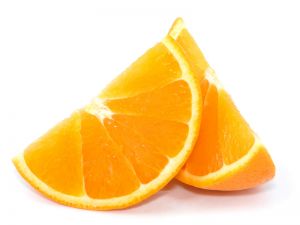 Choose fruit – fruits are a fantastic snack to satisfy your sweet tooth. Choose fruits that are lower on the glycemic index – that means they cause less of a blood sugar spike after eating (usually because they are higher in fiber and lower in sugar). Examples include: apples, apricots, oranges, mango, dates, peaches, and pears.
Choose fruit – fruits are a fantastic snack to satisfy your sweet tooth. Choose fruits that are lower on the glycemic index – that means they cause less of a blood sugar spike after eating (usually because they are higher in fiber and lower in sugar). Examples include: apples, apricots, oranges, mango, dates, peaches, and pears.- Drink More Water – We often confuse sensations of hunger and thirst. When a craving for sugar hits you, try drinking a glass of water first.
- Exercise – Food cravings can be stopped in their tracks by engaging in some mild exercise. The next time you get a craving, take a 10 minute walk. You’ll benefit from the fresh air, the exercise and your cravings will disappear.
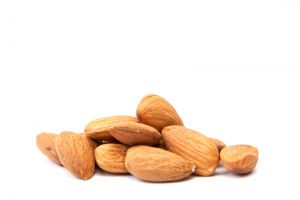 Eat Nuts – Nuts are one of nature’s perfect snacks. They are high in protein and healthy fats. They are also filling and can quickly wipe out hunger and food cravings. Try pecans, walnuts, almonds and brazil nuts. Nut butters are also a delicious way to include nuts in your diet. Try some nut butter spread on a piece of spelt bread or a Ryvita cracker.
Eat Nuts – Nuts are one of nature’s perfect snacks. They are high in protein and healthy fats. They are also filling and can quickly wipe out hunger and food cravings. Try pecans, walnuts, almonds and brazil nuts. Nut butters are also a delicious way to include nuts in your diet. Try some nut butter spread on a piece of spelt bread or a Ryvita cracker.- Nutritional Supplements – There are a number of supplements that can support you as you conquer your sugar addiction. Supplements that help control blood sugar – such as chromium, B vitamins (especially biotin and niacin), vanadium, amino acids, alpha lipoic acid and gymnema sylvestre (an Ayurvedic plant medicine) can all help manage cravings. Supplements should only be used under the care of a qualified Naturopathic Doctor.
- Acupuncture – the use of ear acupuncture or body acupuncture in the treatment of addiction has a long history of success. A series of 5-10 acupuncture sessions can assist the body in detoxifying while decreasing cravings, relieving stress and anxiety and promoting overall wellness.
Conquering a sugar addiction is not easy. But with appropriate support it can be done.
For more reading on this topic, Dr. Nancy Appleton’s book “Lick the Sugar Habit” is a great read with more information on sugar addiction.
Disclaimer
The advice provided in this article is for informational purposes only. It is meant to augment and not replace consultation with a licensed health care provider. Consultation with a Naturopathic Doctor or other primary care provider is recommended for anyone suffering from a health problem.




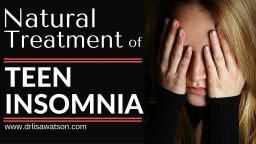




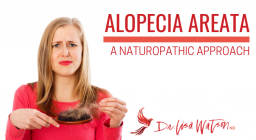
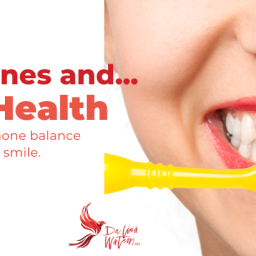
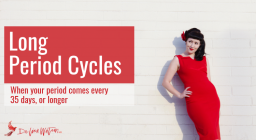


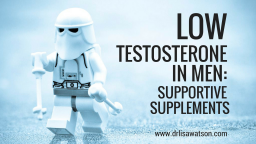
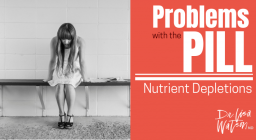


nice post. thanks.
I have come across a few other forums related to this subject in the past few days in doing a research report for my project. I have to say that what you’re saying here makes perfect sense and is helping me to get my head around this subject. Do you have any other places you could recommend to help my research?
Regards,
Chiropractor
Chiropractor Myrtle Beach
I used to get terrible headaches and then cut out refined sugar from my diet and I’ve never had one since. Any time now that I indulge, like Halloween, it really reminds me of how damaging it is to the body. It really feels like a poison to my system.
Anywhere I used to use sugar I’ve substituted things like dates and coconut sugar and haven’t had any adverse affects. Are there any other good alternatives? Someone mentioned maple syrup to me but isn’t that really sugary or does it just have to do with the level of refinement?
Thanks!
Congrats on managing your headaches with food medicine! My favourite sugar alternatives are dates, coconut sugar, stevia and honey. Maple syrup is 2/3 sucrose. While honey is high in sugar (mostly fructose), unpasteurized honey has immune and antioxidant properties that make it one of my favourite sweet alternatives.